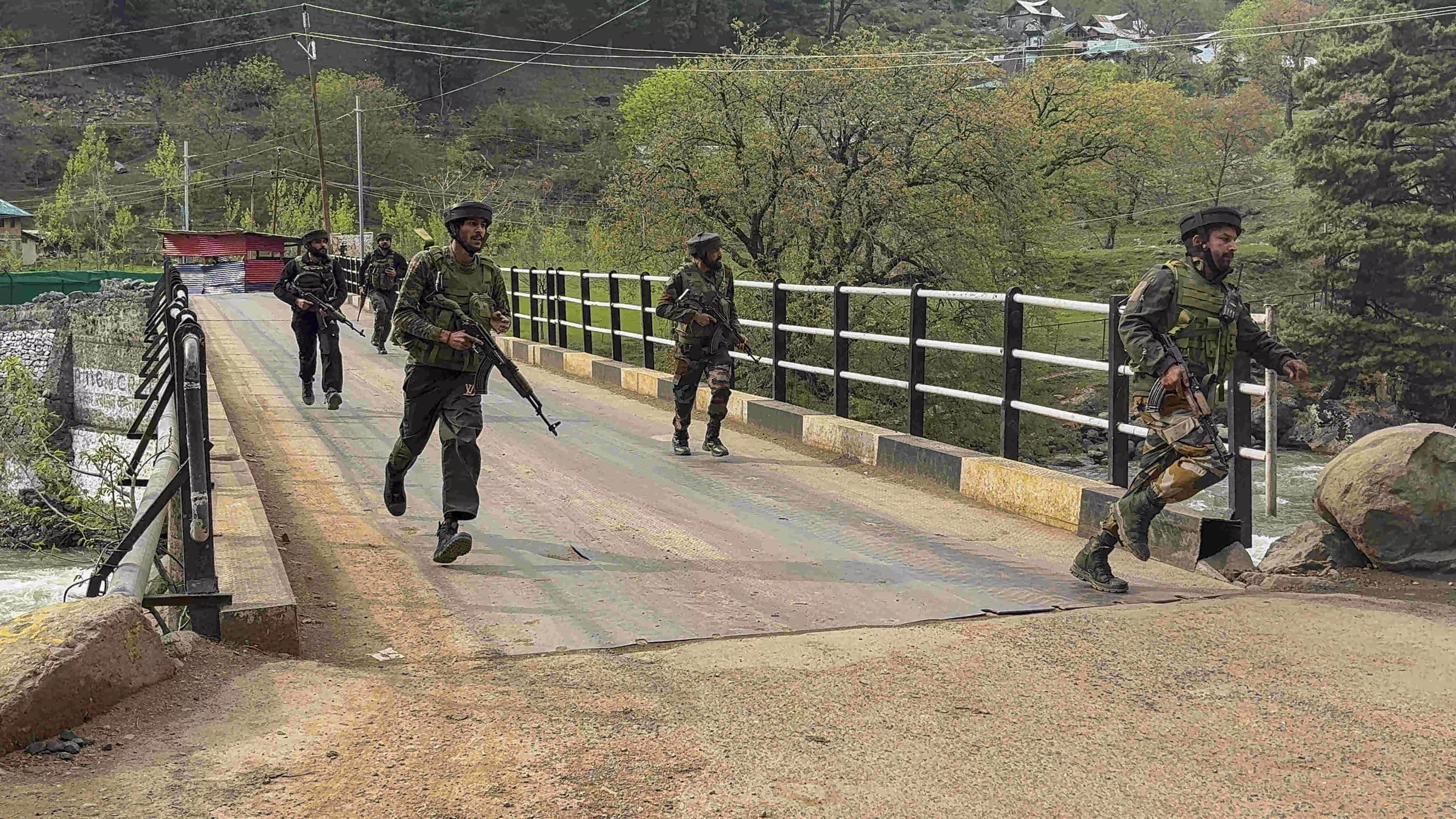A Paean to Humanity

It should have been a morning of laughter echoing through the pine-covered slopes of Pahalgam, a day of photographs and picnics, of families soaking in the valley’s post-spring bloom. Instead, April 22 turned into a blood-soaked day-mare. Gunmen stormed Baisaran, a beloved tourist spot in the Kashmir valley, opening indiscriminate fire on civilians. Over two dozen people were killed. The attack was not on a community, a nation, or a faith. It was an attack on our shared humanity. What unfolded in Pahalgam is beyond statistics and statecraft. It is not just another grim number in India’s long and painful tryst with terror. It is the story of a young couple from Gujarat who had brought their toddler to see snow for the first time. It is the story of a group of teachers from Kerala on a summer break who found themselves caught in a nightmare. It is the story of a local cab driver, a Muslim, who threw himself in front of a bullet to shield the tourists he was ferrying. These were not victims of policy failure or regional unrest alone—they were victims of a world that has forgotten to grieve together. The terrorists, masked and merciless, did not merely aim to kill bodies. They aimed to shatter bonds. They asked names, checked IDs, and demanded prayers to separate one human from another, one Indian from another. This was not a military confrontation or a political statement. It was the cold, calculated murder of trust. In the face of such evil, the stories that emerged are also those of immense courage. Survivors helped strangers to safety. Locals opened their homes to hide the wounded. Doctors at the nearby Anantnag hospital, many of them fresh out of medical school, worked without rest to treat victims, their scrubs soaked not just in blood but in a desperate determination to save lives. The humanity that the terrorists tried to erase was, in fact, quietly resurrected—in whispers, in wounds, in will. And yet, as the news cycle moves on, there will be funerals with no headlines. A mother from Surat will return with an empty stroller. A boy from Bengaluru will return to school with a cast on his arm and silence in his eyes. The dead will be mourned, the injured will be stitched up, but who will speak for the scars etched forever on those who survived? What policy, what compensation, what speech will heal the kind of grief that finds no closure?
This is where we must pause, not to politicise, but to humanise. In our relentless quest for security, in the noise of revenge and rhetoric, we must not lose sight of the real loss—of human lives, of dignity, of joy, of peace. These words are not a call to war, but a call to care. To ask if our systems have adequate counselling for survivors of such attacks. To ask if the families of victims will receive sustained support, not just monetary but emotional. To ask what it means for a generation of Kashmiris—local vendors, pony riders, guesthouse owners—whose livelihoods were once dependent on these tourists, and who now stand in sorrow, caught between condemnation and suspicion. The people of Kashmir are not a monolith. They, too, are mourning. They, too, are afraid. To paint an entire region with the brush of militancy is not just incorrect, it is cruel. It is important now, more than ever, to ensure that this pain does not spiral into further alienation. True justice will come not just from apprehending the killers, but from rebuilding the broken bridges between hearts and homes. As citizens, we must demand accountability—not just from security agencies, but from ourselves. Have we allowed divisiveness to creep into our conversations? Have we become desensitised to the suffering of others, so long as it doesn’t knock on our doors? A terror attack should not be reduced to a regional crisis or a communal flashpoint. It is a humanitarian catastrophe that demands national mourning, and more importantly, national introspection. Let us remember Pahalgam not only for what was lost but for what must be rebuilt. Let our response go beyond outrage. Let it involve compassion, solidarity, and a recommitment to peace—peace that is not enforced by might, but nurtured through justice, understanding, and shared grief. Only then can the Valley and its people begin to heal. Only then will the memories of those who died amidst the deodars be honoured, not with vengeance, but with empathy.



